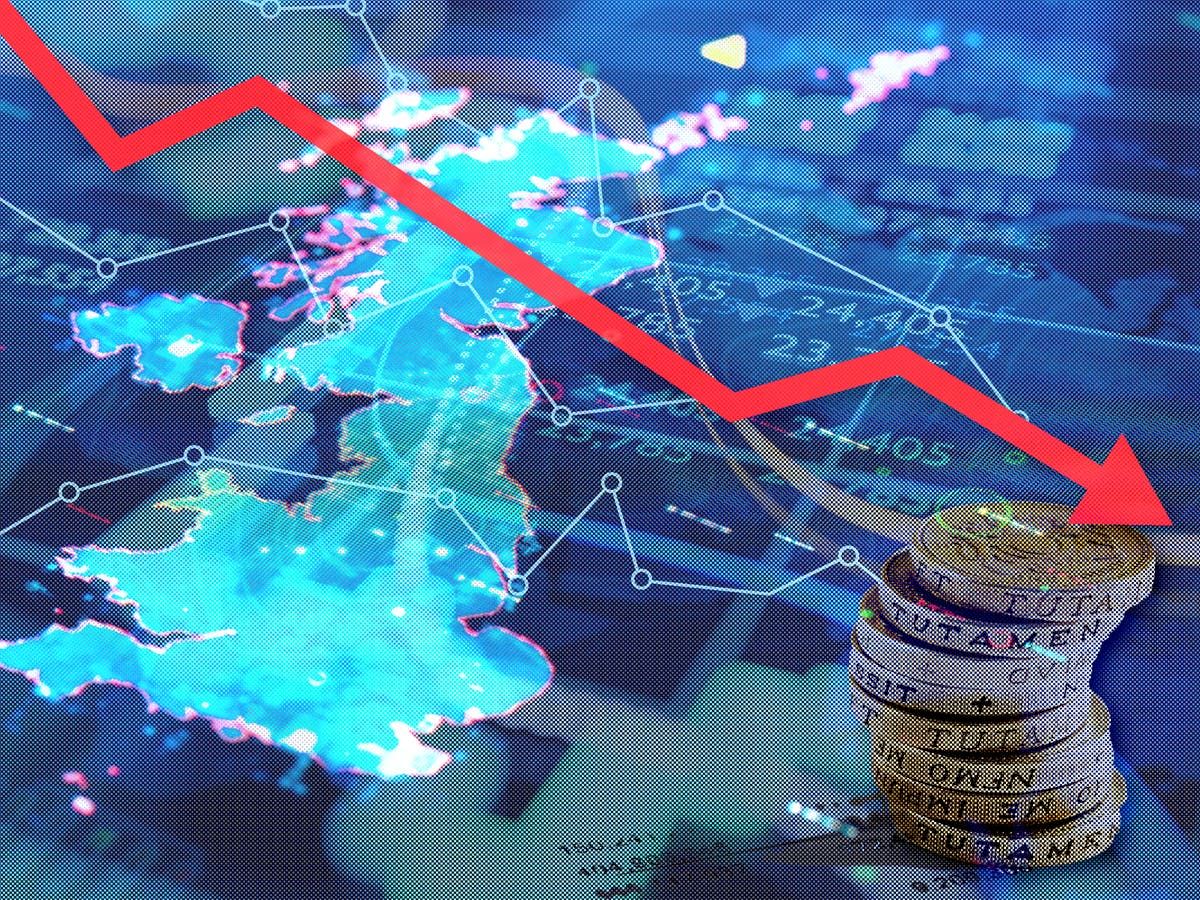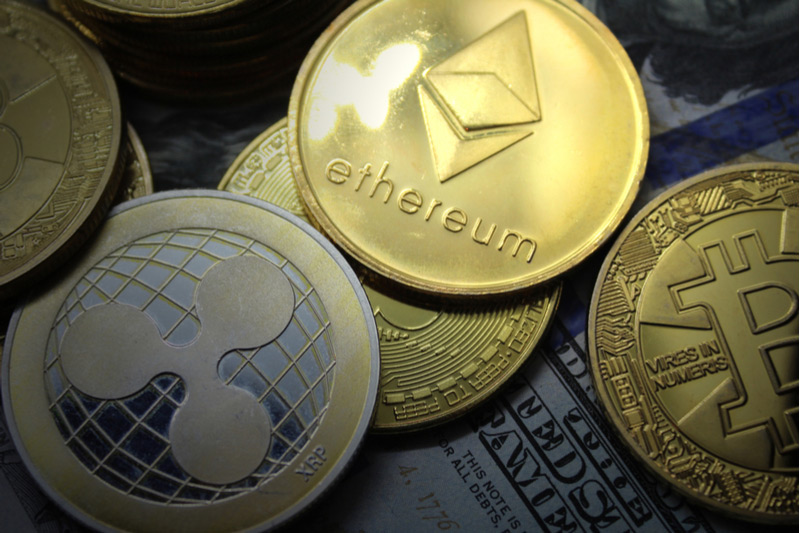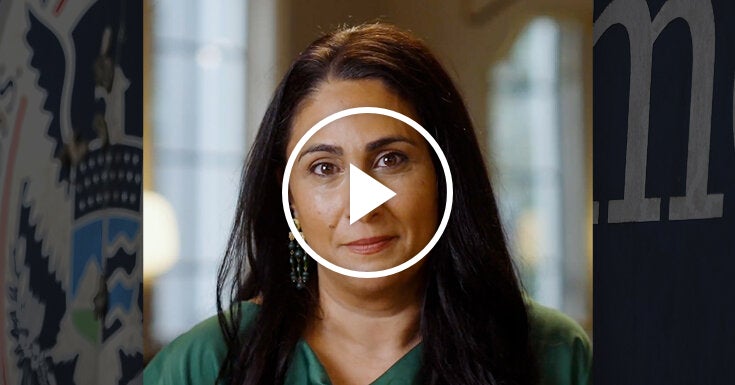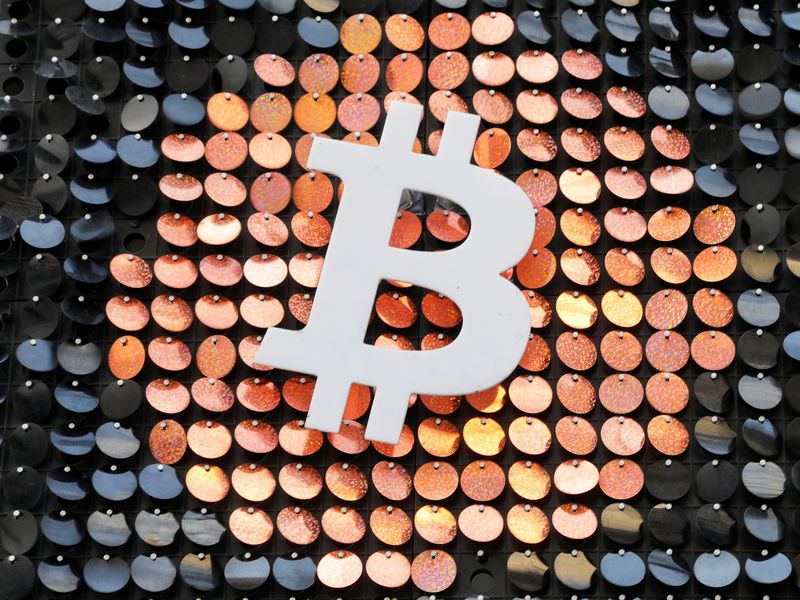Prime Minister Rishi Sunak's promise to grow the economy has been dealt a blow after official figures revealed Britain fell into recession late last year.
The Office for National Statistics (ONS) estimated that gross domestic product (GDP) fell a worse-than-expected 0.3% between October and December, following a 0.1% fall in the previous three months.
It means that the economy entered a technical recession, defined by two or more consecutive quarters of falling GDP.
When was the UK last in recession?
It is the first time the UK has entered recession since the first half of 2020, when the initial Covid-19 lockdown sent the economy into reverse.
Economists said the recession is likely to be short-lived and GDP is expected to recover from early 2024.
But the figures are damning for Sunak, who has promised to grow the economy as one of his five priorities.
Shadow chancellor Rachel Reeves said his economic promise had been “destroyed”.
She said: “The Prime Minister can no longer credibly claim that his plan is working or that he has overcome more than 14 years of economic decline under the Conservative government that has left Britain worse off.
“This is Rishi Sunak's recession and the news will be deeply worrying for families and businesses across Britain.”
Chancellor Jeremy Hunt said the contraction was due to high inflation and the recent spate of interest rate rises, but insisted the economy was turning a corner.
He said it was “the right thing” to prioritize the fight against inflation.
Prime Minister Rishi Sunak's promise to grow the economy has been dealt a blow after official figures revealed Britain fell into recession at the end of last year (PA)
(PA Wire)
The Chancellor told broadcasters: “We always expected growth to be weaker while prioritizing tackling inflation, that means higher interest rates, and that's the right thing to do because you can't have healthy long-term growth with high inflation. .
“The underlying picture here is an economy that is more resilient than most people predicted, inflation is coming down and real wages have been rising for six months.
“If we hold firm, independent forecasters say that by early summer we could start to see interest rates fall and that will be a very important relief for families with mortgages.”
Why are we in recession?
The fourth-quarter contraction was the largest since the first three months of 2021, at the height of the pandemic.
Most economists predicted a 0.1% drop in GDP between October and December.
The ONS said output fell 0.1% in December after a downwardly revised 0.2% growth in November, while the contraction in October was also worse than initially thought, at 0.5 % compared to the 0.3% drop initially estimated.
UK Quarterly Economic Growth (GDP)
(PA Wire)
Throughout the year as a whole, the economy grew, but at an anemic 0.1%, below the 4.6% growth in 2022 and, if the pandemic-caused decline seen in 2020 is excluded, the expansion weakest since the aftermath of the financial crisis in 2009.
The ONS said the contraction was widespread across the economy in the fourth quarter.
Liz McKeown, director of economic statistics at the ONS, said: “All major sectors fell during the quarter, with manufacturing, construction and wholesale trade the biggest drag on growth.”
Retail and wholesale trade drove production the most in December, while the health and education sectors also contracted, according to the ONS.
UK Monthly Economic Growth
(PA Wire)
Barret Kupelian, chief economist at PwC UK, said that while the UK is in a technical recession, it is unlikely to be long-lasting or deep.
He said: “We hope this episode is one of the most superficial recessions of modern times, as it does not reflect an acute and prolonged crisis in response to a specific set of adverse economic circumstances.
“Business activity recovered significantly at the beginning of the year, which should translate into better real economic data.”
But a technique recession This is seen as strengthening the case for an interest rate cut, and the Bank of England has already indicated that it is more a question of when, not if, a reduction will occur.
What is a recession?
There is no true definition. It is considered a time when the economy is in decline, but there is no globally standardized way to say exactly how much decline and exactly how long the period should last.
In the UK, the most generally accepted definition of a recession is two consecutive quarters in which the gross domestic product (GDP) falls.
But that means that even if GDP falls 0.01% one quarter and 0.01% again the next, we are technically in a recession.
It would be a very shallow recession and much less painful than if GDP contracted 3% one quarter and increased 1% the next, which would not be a recession.
Other countries measure recessions in different ways, taking into account the size of the decline or other factors.









